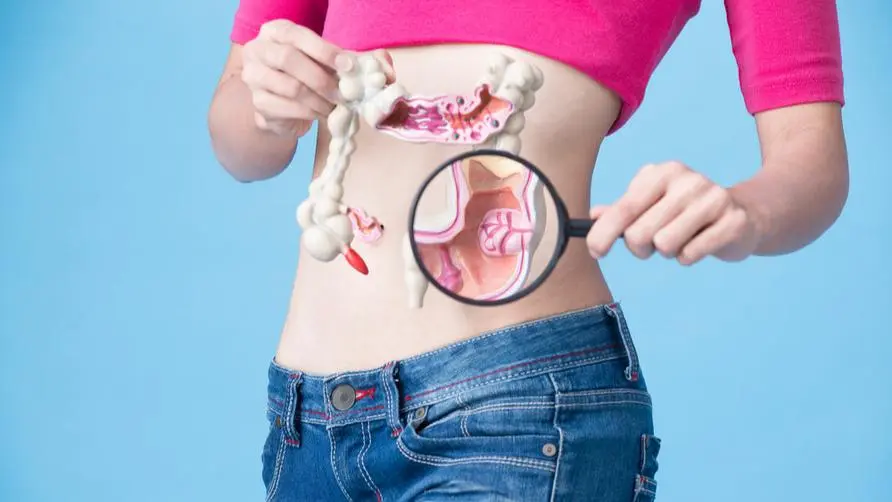If intestinal inflammation cannot be cured, the risk of depression increases by 9 times? Study reveals: Brothers and sisters are also at risk

Human physiological and psychological states often influence each other. Many previous studies have shown that depression may be associated with a higher risk of cardiovascular disease, chronic disease, and death. Physical diseases may also affect an individual’s mental state. The latest research from the “Journal of Gastroenterology and Hepatology” points out that “inflammatory bowel disease” (IBD) may be closely related to a high risk of depression.
A joint US-Taiwan study confirms that “long-term inflammation” of the gastrointestinal tract increases the risk of depression by 9 times
The University of Southern California and the Taiwan Veterans General Hospital formed a joint research team to analyze the data of more than 20 million people in Taiwan’s health insurance database and conduct random interviews for 11 years. In order to ensure accurate results, the study also recruited 422 IBD patients and 537 siblings of the patients, and compared them with 2148 healthy normal people. In addition, 25,552 patients with depression and 26,147 siblings of patients with depression were also included in the experiment.
Studies have found that subjects diagnosed with IBD are nine times more likely to suffer from depression than healthy people. In addition, healthy siblings of IBD patients are twice as likely to suffer from depression. Further exploration into the connection between patients with depression and IBD revealed that they were twice as likely to develop IBD, and their healthy siblings were 1.5 times more likely to develop IBD.
Do mental health and the gut interact? Expert: Genetics and gut-brain axis are potential factors
Study author Bing Zhang said many factors may contribute to the two-way relationship in the disease, such as environmental stressors, gut microbiota or genetics. He claimed that IBD causes persistent gastrointestinal symptoms that can be extremely disruptive to patients’ daily lives, while the likelihood of increased depression in siblings reveals chronic fatigue in caregivers.
As for why patients with depression are more likely to suffer from IBD? Zhang speculated that this finding may be related to the “gut-brain axis.” The gut-brain axis is the communication bridge between the brain and the gastrointestinal tract. The “brain inflammation” phenomenon that often causes depression may affect intestinal status through the central nervous system, increasing the chance of suffering from IBD. In addition, the above two diseases may share a common genetic susceptibility, which may also increase the prevalence of relatives (such as brothers and sisters).
What are the symptoms of “inflammatory bowel disease”? 1 in 5 people needs surgery?
What symptoms are associated with IBD? What causes disease? According to the U.S. Centers for Disease Control and Prevention (CDC), IBD is the collective name for two diseases: Crohn’s disease and ulcerative colitis. Common symptoms are persistent diarrhea, abdominal pain, rectal bleeding/bloody stools, weight loss, and fatigue. IBD can be diagnosed at any age, but it is more likely to occur in young people aged 15-40 years.
The U.S. CDC states that the exact cause of IBD is unknown, but the disease is one of the results of a weakened immune system. Possible reasons: The immune system responds incorrectly to viruses or bacteria, causing severe inflammation of the gastrointestinal tract. In addition, people with a family history of IBD are more likely to have this inappropriate immune response.
According to the US CDC, about 20% of patients with IBD need surgery to remove the inflamed part of the large intestine; 60-75% of patients with severe Crohn’s disease require surgery to repair damage to the digestive system and treat related complications. The public is reminded that if the above symptoms continue to occur and have seriously affected daily life, they should immediately consult a gastroenterologist for further diagnosis and follow the doctor’s instructions to take medicine on time in order to improve the symptoms.
source:
What is inflammatory bowel disease (IBD)?
Further reading:





